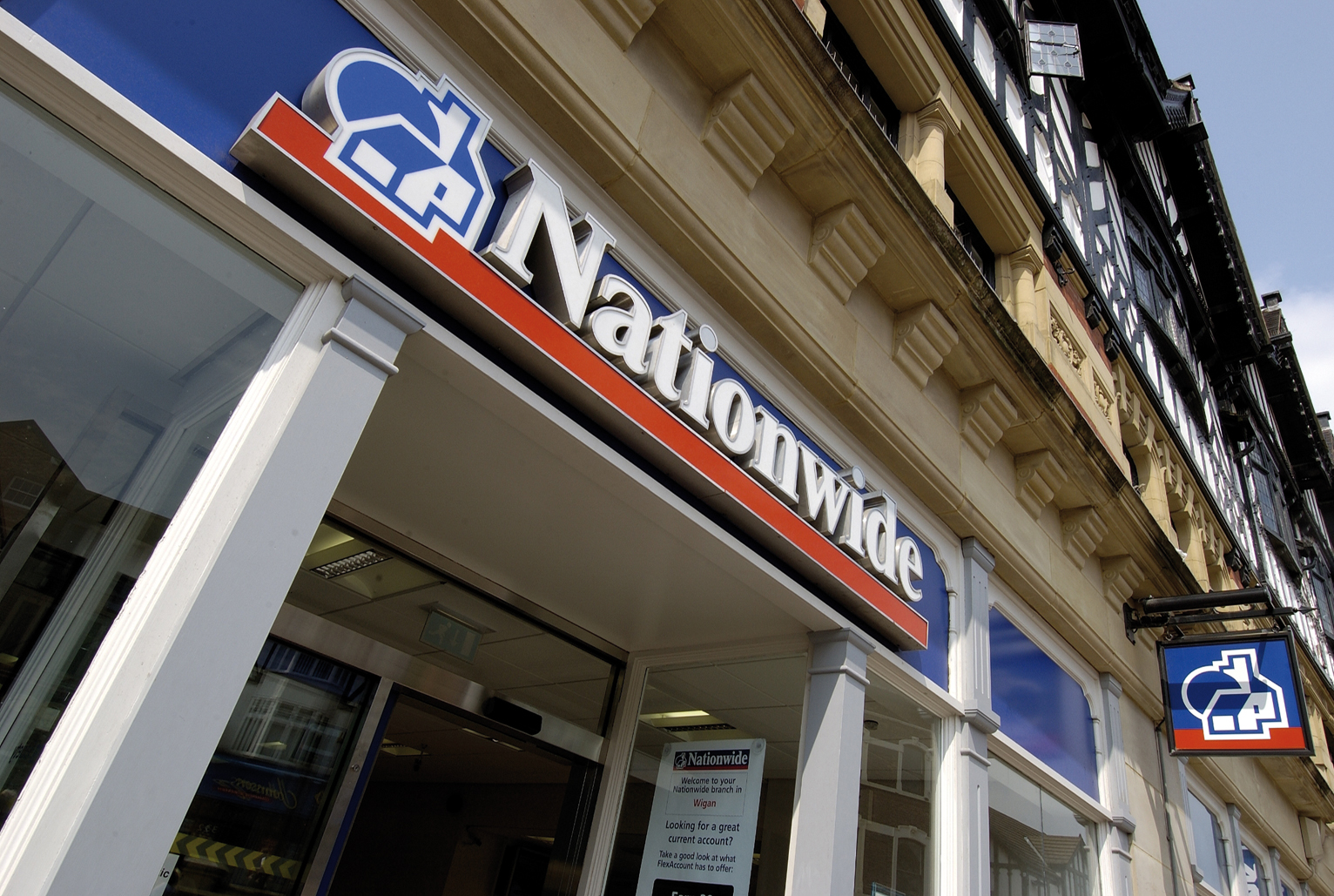News
Nationwide doubles overdraft rate ahead of FCA rule change

Building society introduces a single overdraft rate of 39.9 per cent – but scraps fees.
Thousands of Nationwide current account customers who go into the red will pay an overdraft rate of 39.9 per cent, after the society became the first current account provider to respond to a Financial Conduct Authority (FCA) ban on excessive fees.
The regulator announced in June that it planned to tackle what it described as a “dysfunctional” overdraft market. A raft of new rules will come into force in April 2020 and will stop banks and building societies charging customers higher prices for unarranged overdrafts in comparison to arranged overdrafts, as well as banning fixed daily or monthly overdraft fees.
From 11 November, Nationwide accountholders with a FlexDirect, FlexPlus or FlexAccount will be charged a flat rate of 39.9 per cent APR interest for arranged overdrafts. That rate is more than double the 18.9 per cent that the building society currently charges its FlexAccount customers for an authorised overdraft.
Nationwide said the changes are being made ahead of the date required by the FCA and that as it’s the first major provider to respond, it can only compare its new rates to other banks with a similar approach of no daily fees and no unarranged overdraft charges.
Nationwide said that Lloyds Bank and Halifax charge 1p per £6 borrowed – and this converts to an APR of 83.4 per cent. A customer borrowing £500 for 17 days would pay £14.11 with Lloyds compared to £7.92 with Nationwide.
Martin Lewis, founder of MoneySavingExpert.com, said: “On the surface, Nationwide’s new standard overdraft rate is shocking. Yet while this looks like a horridly expensive change by the country’s biggest building society, in truth overdraft charges have been hideous for a long time. Nationwide currently charges 50p a day on major accounts, and per day charges – especially for those with smaller overdrafts – can have effective equivalent APRs higher even than the scourge that is payday loans. So the shock is more due to the fact the costs are now more transparent and easier to compare.”
Nationwide said what the changes mean for its members will vary depending on the nature of their overdraft usage, with most customers that will see an increase paying up to 20p a day more. However, it added that customers who borrow higher amounts frequently will see a higher cost.
Dan Wass, Nationwide’s director of banking and insurance, said: “We always strive to make our products as simple and transparent as possible, supported by services that help our members stay in control. In the additional context of the FCA’s review of overdrafts, we are confident that the removal of unarranged borrowing charges, the introduction of a single interest rate, and extending our existing suite of alerts, will set a new standard for simplicity, transparency, and control in meeting our members’ day-to-day borrowing needs.”